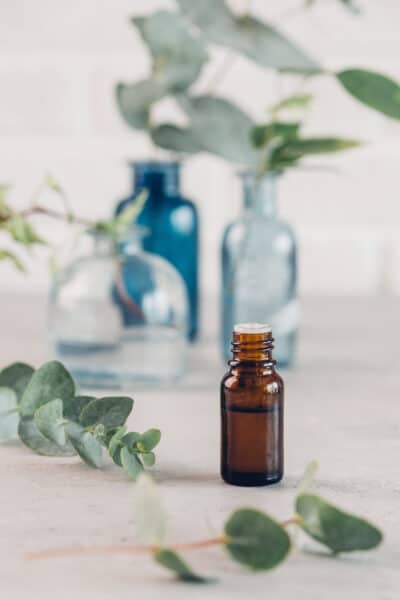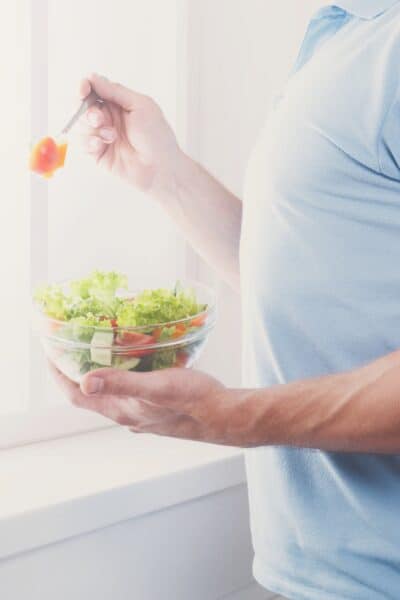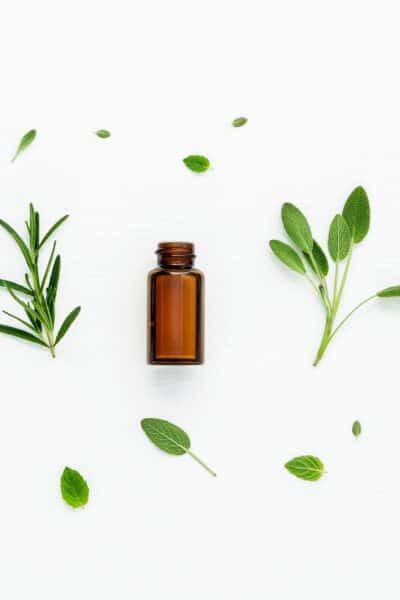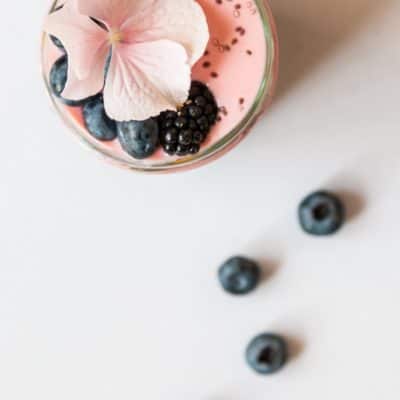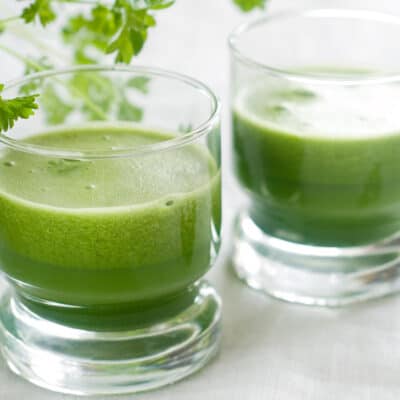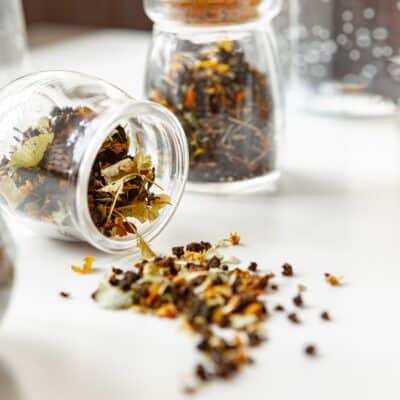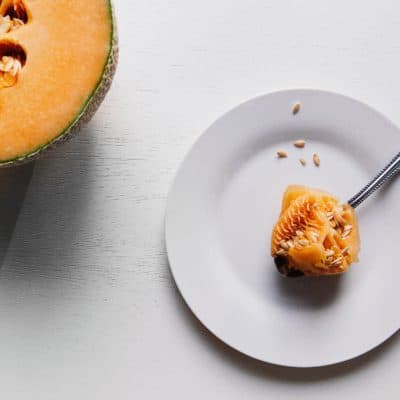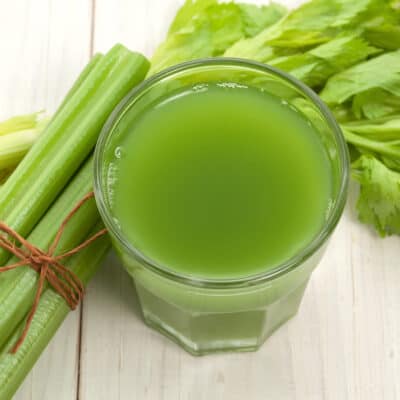Being dehydrated doesn’t just mean not drinking enough – did you know there are many other ways to become dehydrated?
There are certain foods and fluids that will pull hydration away from your cells and cause a variety of issues by doing so. You can avoid these conditions by becoming aware of the balance of hydrating/dehydrating foods and drinks you consume. Awareness is the first step!
How Does Your Body React to Dehydration?
Feeling thirsty might not seem like such a big deal… But did you know by the time you start to feel thirst in your throat, the body is already dehydrated? Here are some of the ways the body reacts to dehydration:
- Poor skin health (more wrinkles and blemishes)
- Headache
- Decreased energy
- Lowered cognitive performance (including poorer attention and processing speed)
- Less sweating (perspiration is an important way to get rid of the body’s toxins!)
- Brittle hair
- Poor circulation of nutrients, creating or worsening deficiencies (leading to greater health problems)
- Increased risk for cardiovascular disease (even in healthy young adults. In fact, this particular study saw mild dehydration have the same effect on vascular function as smoking a cigarette).
- Affects mood; greater irritability
- Lowered chance of cancer survival
- Impaired physical performance
- Affects sleep
- Worsens asthma
- Greater risk for kidney stones and kidney disease (even for children)
- Difficulty regulating body temperature, risking heat stroke and seizures
- Causes headaches and migraines
- Cause hypovolemia and hypovolemic shock (decrease in blood volume)
- Coma and death (in extreme cases)
Many of the clients I see are chronically dehydrated and don’t even know it. If you don’t put awareness and intention into your hydration, it is easy to get dehydrated. If this is happening frequently and consistently, the cumulative effects can put your body into a state of dis-ease – the body’s cry for help.
Dehydrating Foods
There are certain foods that will soak up or pull hydration away from your cells and create a state of dehydration. When or if you eat these foods, I would recommend decreasing your intake of them and/or increasing your hydration.
- Crackers
- Chips
- Breads
- Salty foods (including hidden high-sodium content foods such as condiments like ketchup and mustard, salad dressings, soy sauce, canned foods, tomato sauce, etc.)
- Fried foods (often have a high salt content and other chemicals and oils that burden the arteries and lymphatic system, allowing less fluid circulation)
- Processed foods containing citric acid and other food additives
- Foods containing caffeine
- High protein foods (these burden the kidneys)
- Highly diuretic foods (such as beets, asparagus, artichokes, etc. – these foods will naturally pull toxins out of the body through the bowels, which can deplete your body’s water supply. Be sure to hydrate well when consuming these foods.) SEE NOTE below.
Dehydrating Liquids
Not all fluids are beneficial for your body’s hydration. They can actually cause or contribute to dehydration as well as a number of other disruptions in the body’s systems. Below are a few examples to be mindful of – I would recommend minimizing your intake of them and/or increasing your hydration.
- Soda
- Alcohol
- Coffee
- Caffeinated tea
- Powerfully detoxifying herbal teas (such as nettle, dandelion root, and peppermint) – SEE NOTE below.
- Processed sugary drinks
- Energy drinks
- Carbonated drinks
Soda is at the top of this list because it is one of the most consumed beverages in the U.S. today. Aside from the extremely toxic chemicals in sodas, studies show that rehydrating on a hot day with soda actually worsens dehydration and increases kidney damage. In fact, soft drink consumption after heat and exercise increases the risk for kidney disease. Despite the common remedy of flat soda after vomiting and diarrhea, research has found this to be ineffective.
Note About Detoxing and Dehydration
There are certain foods and drinks that I recommend to those on a healing journey that are powerfully detoxifying. This is to remove substances in their bodies that are causing or contributing to their health conditions. However, it is extremely important to stay hydrated while you are detoxing on a healing journey. The detoxifying foods will shake up pathogens, foreign living organisms, heavy metals, etc and these must be flushed out of the body. Think of it like shaking the rugs out in a house without opening the windows. All the dust will fly everywhere and resettle somewhere else in the house. Without a way for the dust to leave the house, the house can’t get clean. In this same way, it is crucial for the body to have a way for pathogens to leave the body so they don’t settle somewhere else in the body and cause more issues. An extremely important way to do this is to stay hydrated!
Natural, Hydrating Alternatives
Despair not! The point of this article is not to take away everything that may taste good to you. It is my hope that by bringing awareness to these foods and fluids, their contribution to dehydration, and the effects of dehydration will empower you to make choices to improve your health. Below are some alternatives to the drinks above. Check out this article about hydrating foods.
COCONUT WATER
Did you know that coconut water was used as IV fluid for wounded soldiers in World War II due to its similarity to human blood? Brimming with nutrients, vital glucose, mineral salts, and more, coconut water not only deeply hydrates the body, it also improves neurotransmitter production and function. This is essential to avoid insomnia and other sleep disturbances. Coconut water also boosts energy, nourishes your reproductive tissue, improving fertility, and is helpful for the adrenal glands, brain and neurological disorders (including Alzheimer’s and Parkinson’s), blood sugar disorders (including diabetes), preventing seizures, and supports eye conditions. Coconut also enhances everything it is combined with. Add coconut water to your smoothies to magnify the benefits of everything else in your smoothie and create a powerhouse of quality hydration! The brand I recommend is Nirvana in glass bottles; be careful of cheap coconut water brands that often have acids or preservatives added to it. Look for pure coconut water on the ingredient label.
FRESH-PRESSED JUICE
There is so much joy and delight in a glass of pure fruit juice! Fresh fruit juices can bring such delight to your taste buds – as well as a wealth of other benefits. Mango juice, pineapple juice, grape juice, apple juice, watermelon juice (or this yummy watermelon slushee) – the possibilities are endless! The best case scenario is you juicing in your kitchen – however, you can choose to support trusted local businesses that don’t add chemicals or preservatives to their fresh juices. In a pinch, I also trust the Lakewood Organics brand and use some of their juices for my kids. Concerned about all the sugar? Don’t worry, natural sugars are a must for our body and brain to function. Read more here about the right kind of sugar and why you don’t need to be afraid of it.
CUCUMBER JUICE
(Note: adding sliced cucumbers to water, while a great #HydrationHack, is different from juicing cucumbers. This paragraph talks about the benefits of juicing cucumbers.) This juice is an amazing tool in so many ways. Not only is cucumber juice incredibly hydrating, it is also cooling and nourishing. Gentle but powerful, this juice can be used to reduce fevers, reverse liver damage, remove pesticides, replenish electrolytes, soothe adrenal glands, slow the effects of aging, and so much more. Cucumber juice is rich with enzymes, coenzymes, and over 50 trace minerals, making it a beautiful way to heal and nourish your body. Drinking cucumber juice after 4pm can aid in calming the adrenals and preparing the body for more restful sleep.
Cheers To Intentional Hydration!
Food and drink definitely are not the only factors to dehydration, but when we are aware of the effects of certain foods and fluids on our bodies, we can be more intentional about them! Cheers to better hydration, better health, and a healthier, happier you!
If you want more tips and tricks to better hydration, sign up for the #HydrationChallenge! Post about your hydration and tag me @amberbodilyhealth on Instagram and Facebook so I can cheer you on 🙂
Read more about hydration here:
- How To Eat Your Water: 5 Foods To Make You More Hydrated
- Can Drinking Water Help You Relieve Stress? 3 Things You Need To Know
- Top 3 Hydration Hacks: How To Get The Most Out Of Your Water
- How To Clean Your Water: 5 Toxins To Avoid + My Favorite Filter
Blessings,
Amber
P.S. Want powerful but simple remedies to ear infections, headaches, rashes, hives, wounds, chickenpox, and more? Check out my online course The All-Natural Medicine Cabinet: Your Guide To Powerful Remedies for Common Ailments here.
